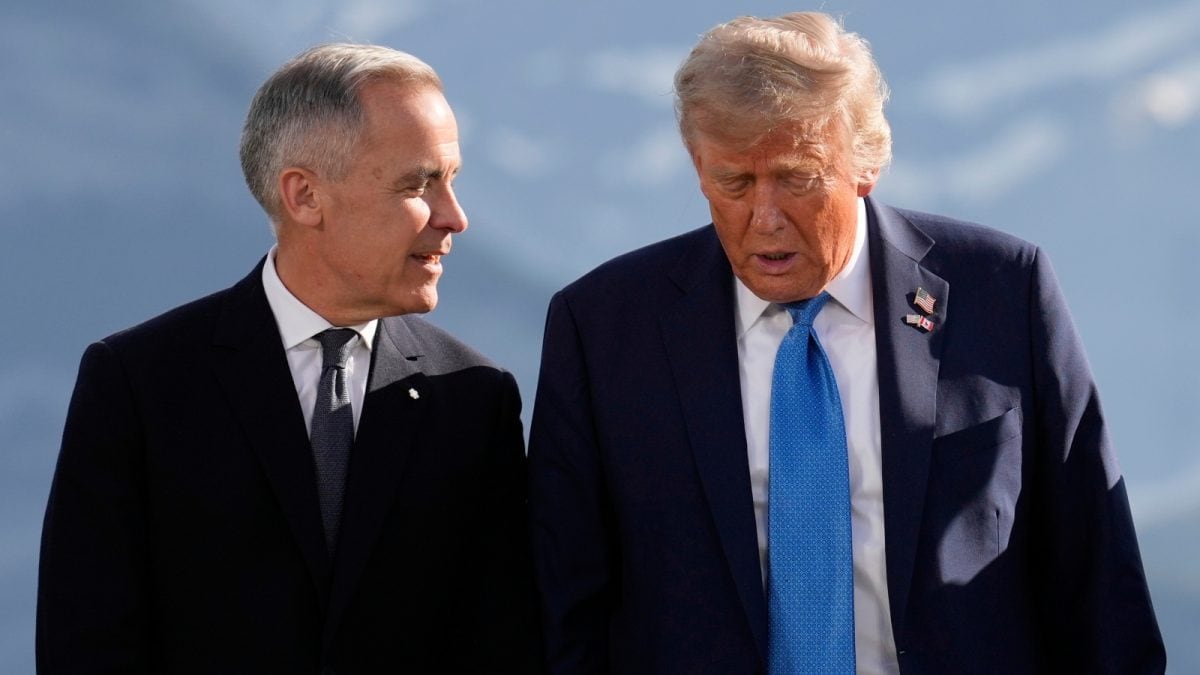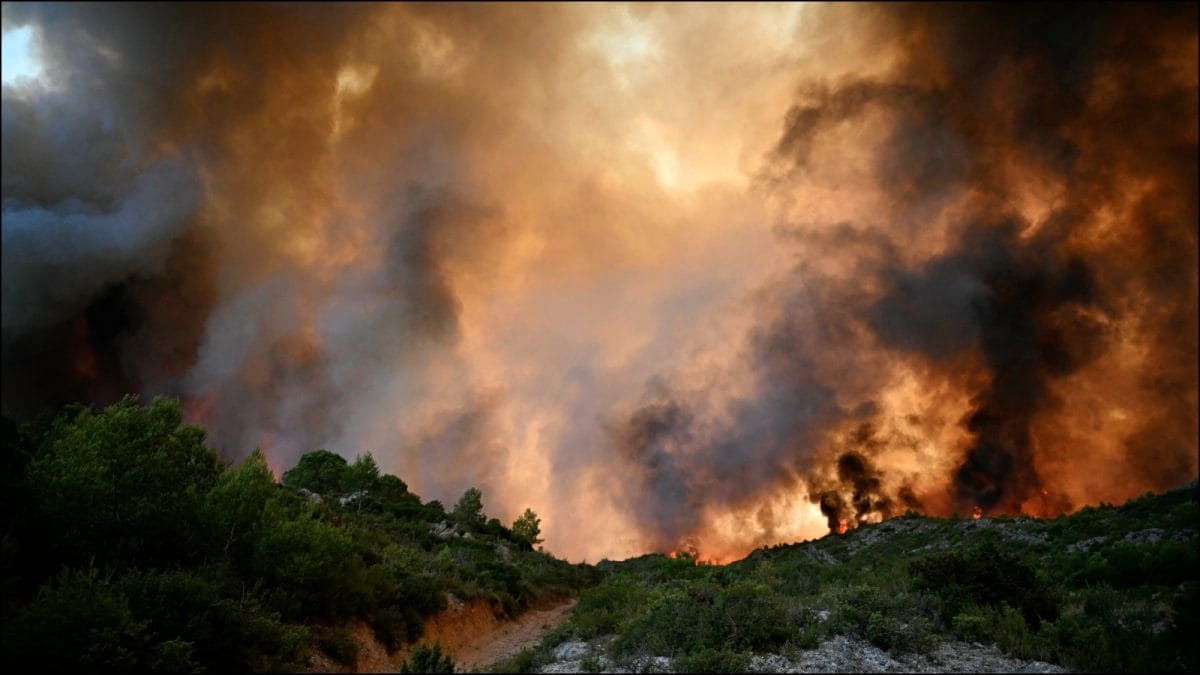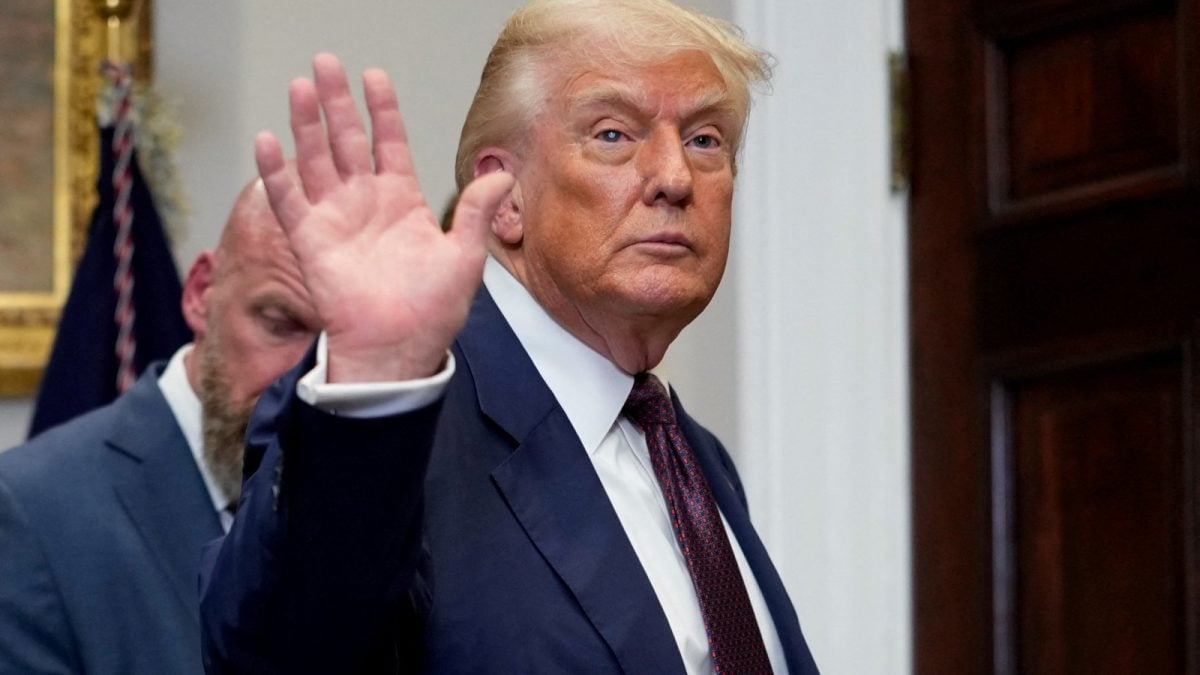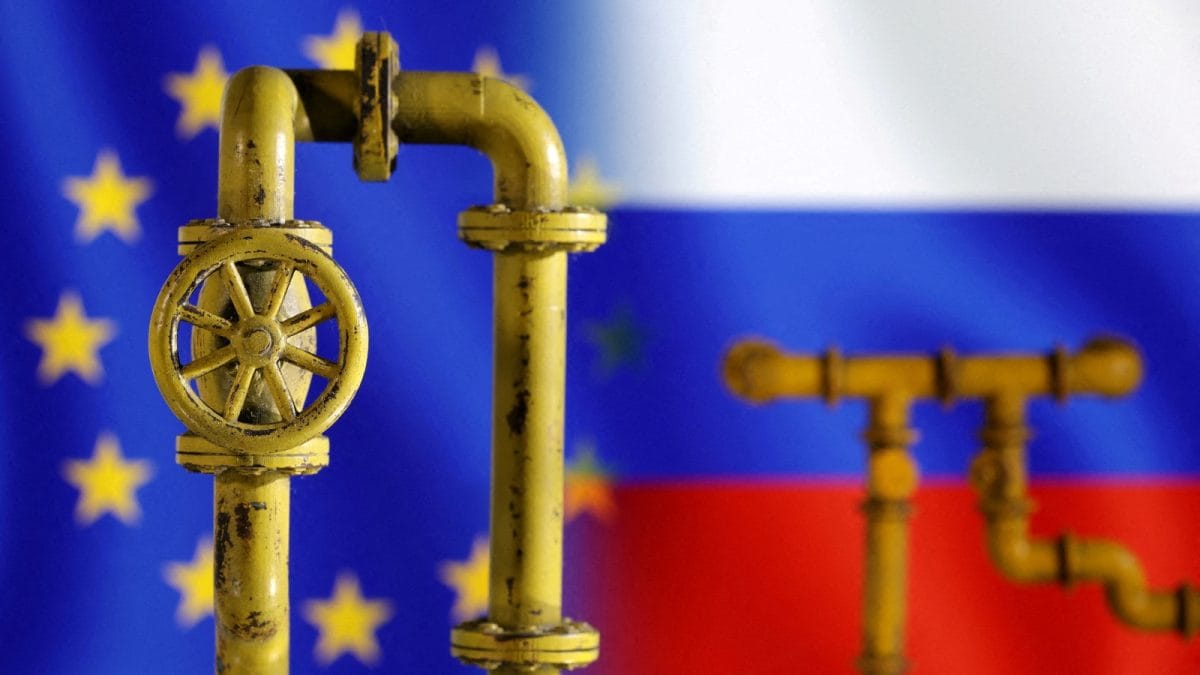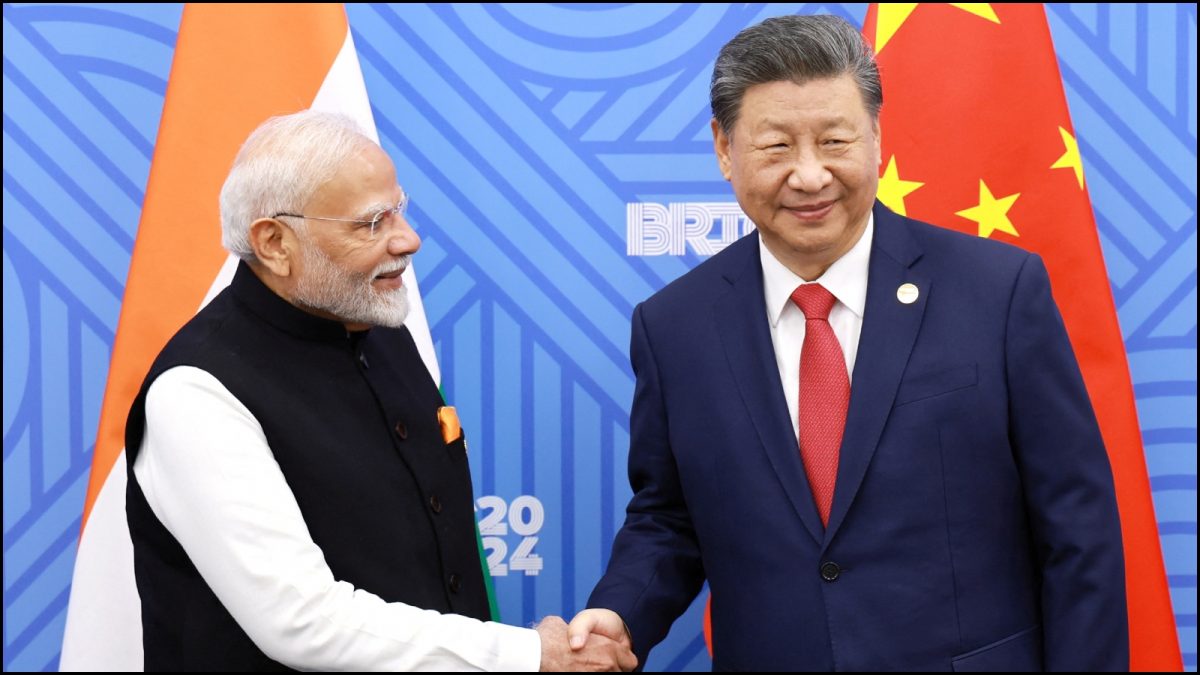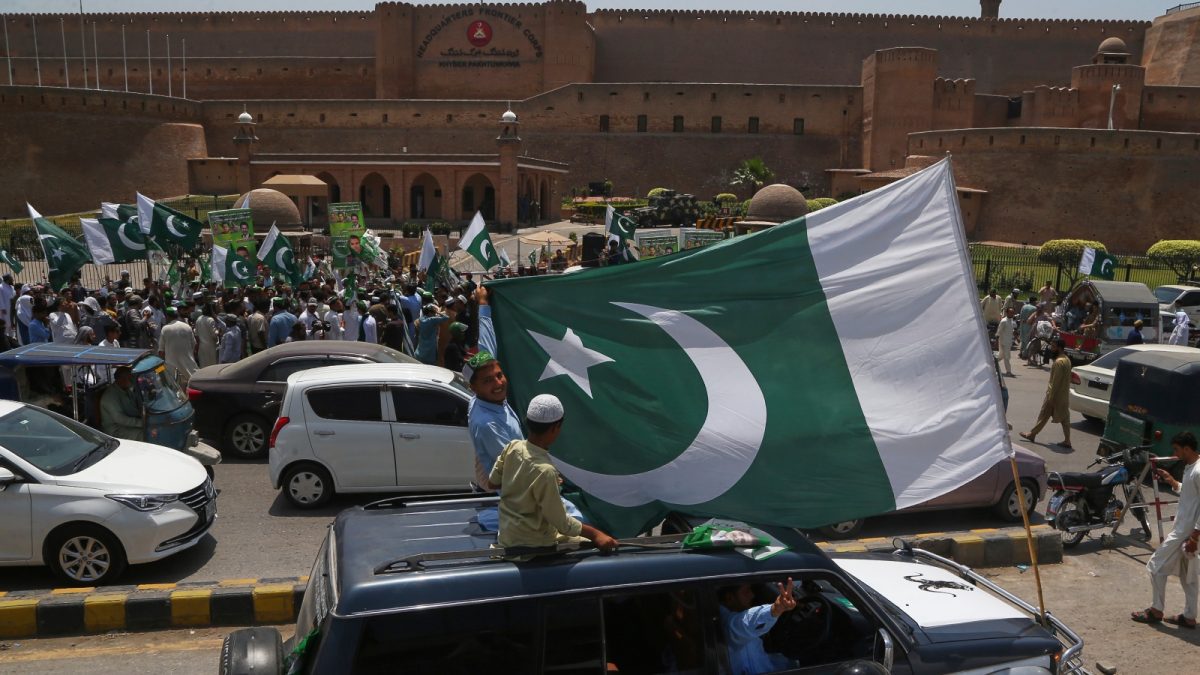Israel and Iran exchanged strikes one week into their war as US President Trump delayed a decision on military involvement, and the European-led Geneva talks ended without a breakthrough but signalled future dialogue.

People evacuate after a missile launched from Iran struck in, Israel (Image Source: AP)
Israel and Iran traded strikes a week into their war on Friday as President Donald Trump weighed U.S. military involvement and key European ministers met with Iran’s top diplomat in Geneva in a scramble to de-escalate the conflict.
But the first face-to-face meeting between Western and Iranian officials in the weeklong war concluded after four hours with no sign of an immediate breakthrough.
To give diplomacy a chance, Trump said he would put off deciding for up to two weeks whether to join Israel’s air campaign against Iran. U.S. participation would most likely involve strikes against Iran’s underground Fordo uranium enrichment facility, considered to be out of reach to all but America’s “bunker-buster” bombs.
Whether or not the US joins, Israeli Prime Minister Benjamin Netanyahu said Israel’s military operation in Iran would continue “for as long as it takes” to eliminate what he called the existential threat of Iran’s nuclear program and arsenal of ballistic missiles. Israel’s top general echoed the warning, saying the Israeli military was ready “for a prolonged campaign.”
As negotiations ended in Switzerland, European officials expressed hope for future negotiations. Iran’s top diplomat said he was open to further dialogue.
But Foreign Minister Abbas Araghchi emphasized that Tehran had no interest in negotiating with the US while Israel continued attacking.
“Iran is ready to consider diplomacy if aggression ceases and the aggressor is held accountable for its committed crimes,” he told reporters.
No date was set for the next round of talks.
Iran previously agreed to limit its uranium enrichment and allow international inspectors access to its nuclear sites under a 2015 deal with the US, France, China, Russia, Britain and Germany in exchange for sanctions relief. But after Trump pulled the US unilaterally out of the deal during his first term, Iran began enriching uranium up to 60% — a short, technical step away from weapons-grade levels of 90% — and restricting access to its nuclear facilities.
After Israel said its warplanes hit dozens of military targets across Iran, including missile-manufacturing facilities, an Iranian missile crashed into Israel’s northern city of Haifa, sending plumes of smoke billowing over the Mediterranean port and wounding at least 31 people.
The war between Israel and Iran erupted June 13, with Israeli airstrikes targeting nuclear and military sites, top generals and nuclear scientists. At least 657 people, including 263 civilians, have been killed in Iran and more than 2,000 wounded, according to a Washington-based Iranian human rights group.
Iran has retaliated by firing 450 missiles and 1,000 drones at Israel, according to Israeli army estimates. Most have been shot down by Israel’s multitiered air defenses, but at least 24 people in Israel have been killed and hundreds wounded.
WORRIES RISE OVER THE PERILS OF ATTACKING IRAN'S NUCLEAR REACTORS
Addressing an emergency meeting of the UN Security Council, the head of the Atomic Energy Agency warned against attacks on Iran’s nuclear reactors, particularly its only commercial nuclear power plant in the southern city of Bushehr.
“I want to make it absolutely and completely clear: In case of an attack on the Bushehr nuclear power plant, a direct hit would result in a very high release of radioactivity to the environment,” said Rafael Grossi, chief of the U.N. nuclear watchdog. “This is the nuclear site in Iran where the consequences could be most serious.”
Israel has not targeted Iran’s nuclear reactors, instead focusing its strikes on the main uranium enrichment facility at Natanz, centrifuge workshops near Tehran, laboratories in Isfahan and the country’s Arak heavy water reactor southwest of the capital. Grossi has warned repeatedly that such sites should not be military targets.
After initially reporting no visible damage from Israel’s Thursday strikes on the Arak heavy water reactor, the IAEA on Friday said it had assessed “key buildings at the facility were damaged,” including the distillation unit.
The reactor was not operational and contained no nuclear material, so the damage posed no risk of contamination, the watchdog said.
Although strikes on uranium enrichment facilities like Natanz can carry the risk of radiological contamination, experts say the chance of a serious incident is far lower than at reactors such as the Russian-built Bushehr power plant.
After a call with Netanyahu, Russian President Vladimir Putin said he has secured Israel’s promise to keep Russian workers at the plant out of harm’s way.
Iran has long maintained its nuclear program is for peaceful purposes.
But it is the only non-nuclear-weapon state to enrich uranium up to 60%. Israel is widely believed to be the only Middle Eastern country with a nuclear weapons program but has never acknowledged it.
Published By:
Rivanshi Rakhrai
Published On:
Jun 21, 2025
Tune In

 1 month ago
1 month ago

